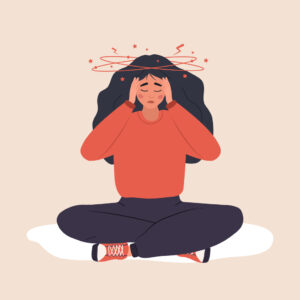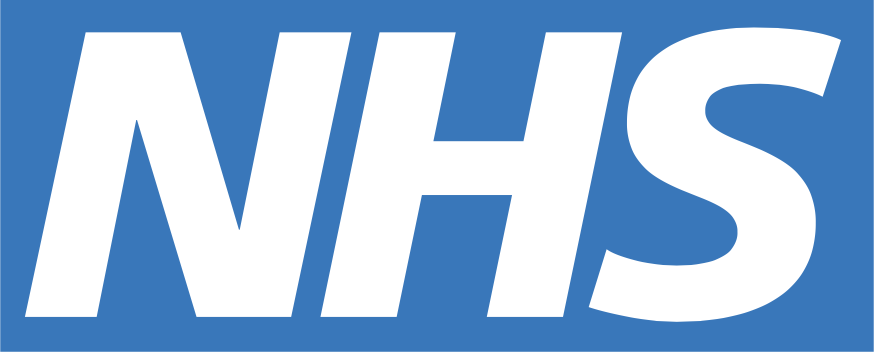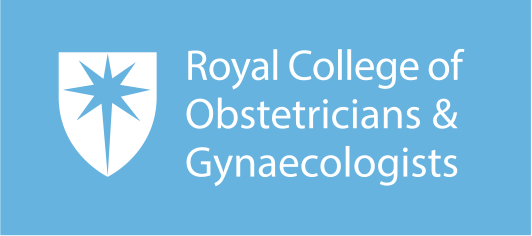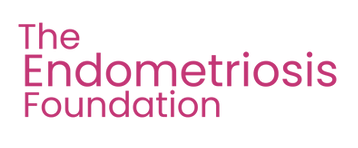What is endometriosis?

Endometriosis is a challenging condition affecting around 10% of women worldwide. It occurs when tissue that is similar to the tissue lining the womb (endometrium) develops elsewhere in the body. The most common places to find endometriosis is in the pelvis, on the ovaries and Fallopian tubes or affecting the bowel or bladder and the peritoneum (the lining of the pelvis and abdomen. It can also be found in the deep tissue in the pelvic floor, the umbilicus (belly button) and the chest.
The symptoms can vary from almost nothing at all to severe, disabling pain that ruins lives, and causes infertility, bowel or urinary symptoms.
There are a number of resources listed below that are available that help to explain more about endometriosis and treatment options. You can also arrange a private consultation with our founder, Mr Adrian Lower, a consultant gynaecologist with more than 30 years experience of treating endometriosis and fertility problems related to endometriosis. This can be a short video consultation to discuss treatment options with you or a face-to-face consultation and ultrasound scan to establish the extent of the disease. Please complete the contact form here or using the contact link in the menu above to arrange this or request a free call back from one of our advisers.
Endometriosis
Quiz
Take this short quiz to see if you have endometriosis
1. Do you experience severe menstrual cramps that interfere with your daily activities?
a) Yes, most months
b) Occasionally
c) No, my menstrual cramps are manageable
2. Do you have pelvic pain that persists throughout your menstrual cycle?
a) Yes, it’s a constant issue
b) Sometimes, but it comes and goes
c) No, I rarely experience pelvic pain
3. Do you experience pain when you have sex (dyspareunia)?
a) Yes, frequently
b) Occasionally
c) No, I don’t experience pain during sex
4. Do you suffer from gastrointestinal issues such as bloating, constipation, or diarrhoea, especially during menstruation?
a) Yes, often
b) Sometimes
c) No, I don’t have gastrointestinal issues
5. Have you experienced fertility problems or difficulty getting pregnant?
a) Yes, I’ve struggled with fertility issues
b) I haven’t tried to conceive yet, but I’m concerned about fertility
c) No, I haven’t experienced fertility problems
6. Does anyone in your family have endometriosis or other reproductive health issues?
a) Yes, close relatives have been diagnosed with endometriosis
b) There’s a history of reproductive health issues in my family, but not specifically endometriosis
c) No, there’s no family history of endometriosis or reproductive health problems
7. Have you undergone multiple surgeries to address pelvic pain or related issues?
a) Yes, I’ve had multiple surgeries with no long-term relief
b) I’ve had one surgery for pelvic pain or related issues
c) No, I haven’t undergone any surgeries for pelvic pain
8. Do you often feel fatigued, even after getting enough sleep?
a) Yes, I constantly struggle with fatigue
b) Occasionally, but not consistently
c) No, I generally feel well-rested
Scoring
Score 3 points for each a) answer
Score 2 points for each b) answer
Score 1 point for each c) answer
Interpretation
Your score is between 20-24. You have many of the symptoms of endometriosis. An EndoSure test may be useful to confirm the diagnosis and help to plan an appropriate treatment strategy with an endometriosis specialist.
Your score is between 13-19. While you do not exhibit many of the symptoms of endometriosis, your symptoms could be explained by endometriosis and an EndoSure test will confirm this or point you towards alternative specialists to try to reach an accurate diagnosis so the you can have targeted treatment that is more likely to be successful.
Your score is less than 12. Your symptoms do not align strongly with endometriosis but an EndoSure test may be helpful to reassure you completely if you are still worried. If it confirms that you do have endometriosis starting appropriate treatment now using either the oral contraceptive pill or the Mirena IUCD may help to prevent the symptoms from getting worse with time.
Resources
Click on the images below to take you to the websites for more information about endometriosis.




